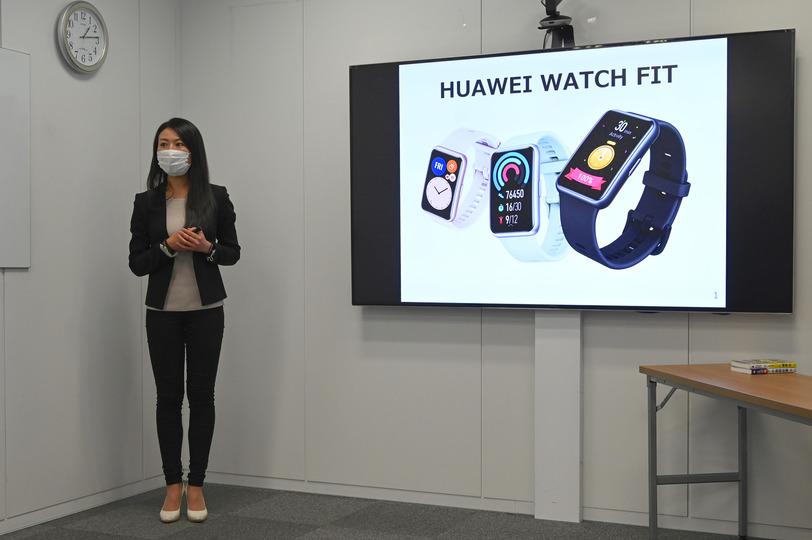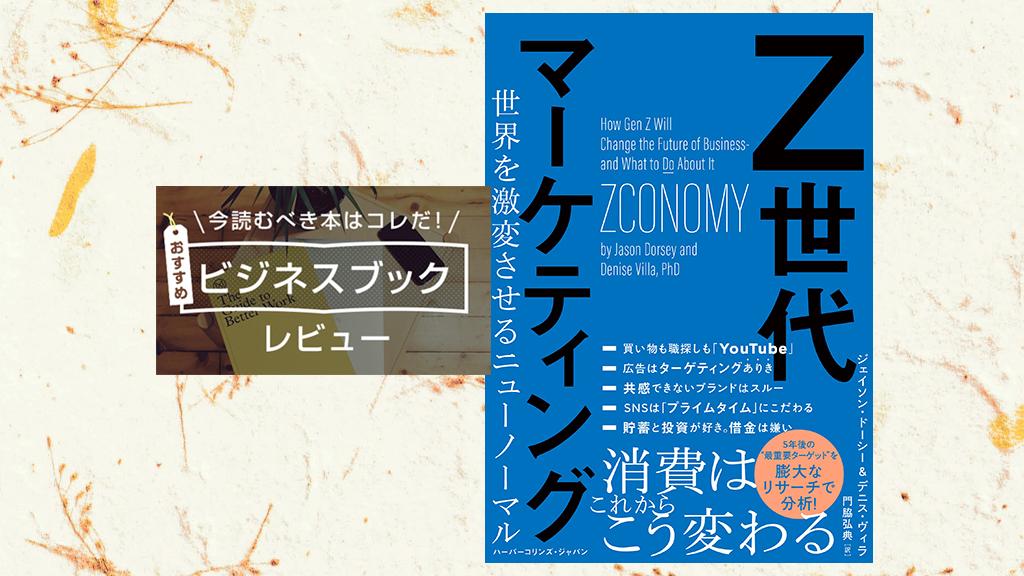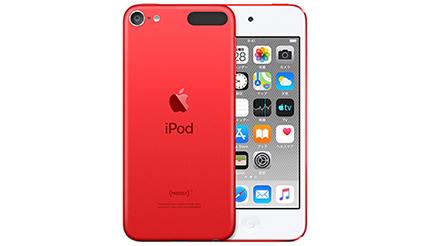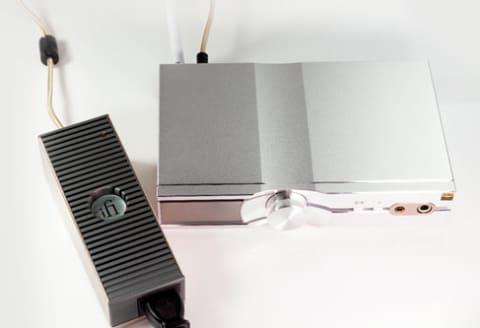Smart watches are useful items that can be used for keeping workouts, checking routes, and saving playlists.But if you want to use a smartwatch as a sleep tracker, you need to know.[Photo] A must -see for tired people!How to check "sleep disorders" As a result of the 2019 meta analysis for 22 papers, it has been found that the sleep stage detected by the type of sleep tracker attached to the wrist is incorrect with a probability of about 50 %.rice field.Therefore, a new strategy is needed for those who are trying to know the time of the aftermath (deepest, resilient sleep stage), relying only on sleep trackers.This time, we will introduce how to use smartwatches.
According to Dr. Connor Henegan, a chief science researcher of the smartwatch brand "Fitbit", the sleep stage is compatible with brain waves, and high -tech devices cannot be accurately measured.Therefore, sleep tracker tracks the movement and heart rate of the body instead of the sleep stage, and understands the events in the brain by processing the information using a specific anagolism.Algorithms may accurately identify the sleep stage corresponding to the event, but in many cases it is incorrect.According to a clinical psychologist and sleeping specialist Dr. Michael Breus, the movement and heart rate of each person also make it difficult to measure sleep on the device.Also, if the user has insomnia or motor disorder (mumbes leg syndrome), the credibility of sleep data in smartwatch will be even lower.However, if you have a comprehensive sleep time, you can measure well with a sleep tracker.And if the sleep time is long enough, you should be able to secure the aftermath.

"If the user is athlete, we will see the total sleep time," said Jason Coup, a head coach head coach, a durable sports coaching service."The data is accurate to some extent, and it can lead to a story about sleep habits." According to Dr. Henegan, it is best to analyze long -term patterns to measure the depth of sleep with wearable sleep trackers."If the sleep tracker data shows that there is only 60 minutes deep sleep, and as a result of the caffeine intake, it is a big change if deep sleep has grown to 80 minutes," the technology is rapid.It is evolving and new products are being born one after another.As an example, "Fitbit Premium" analyzes the quality rather than the amount of sleep with a new "recovery" measurement function.It analyzes data on sleep quality (total sleep time and night heart rate) based on physiological measurement standards and teaches the degree of recovery due to sleep.
Of course, you can track sleep with a low -tech approach called paper and pen.Sleep coach Martin Reed recommends an analog sleep diary that writes the sleeping time, wake -up time, and the mood of getting up."The mood of the day, the condition of the performance, and the comprehensive sleep time will probably tell you the quality of sleep more accurately." This article was translated from the runners world.




